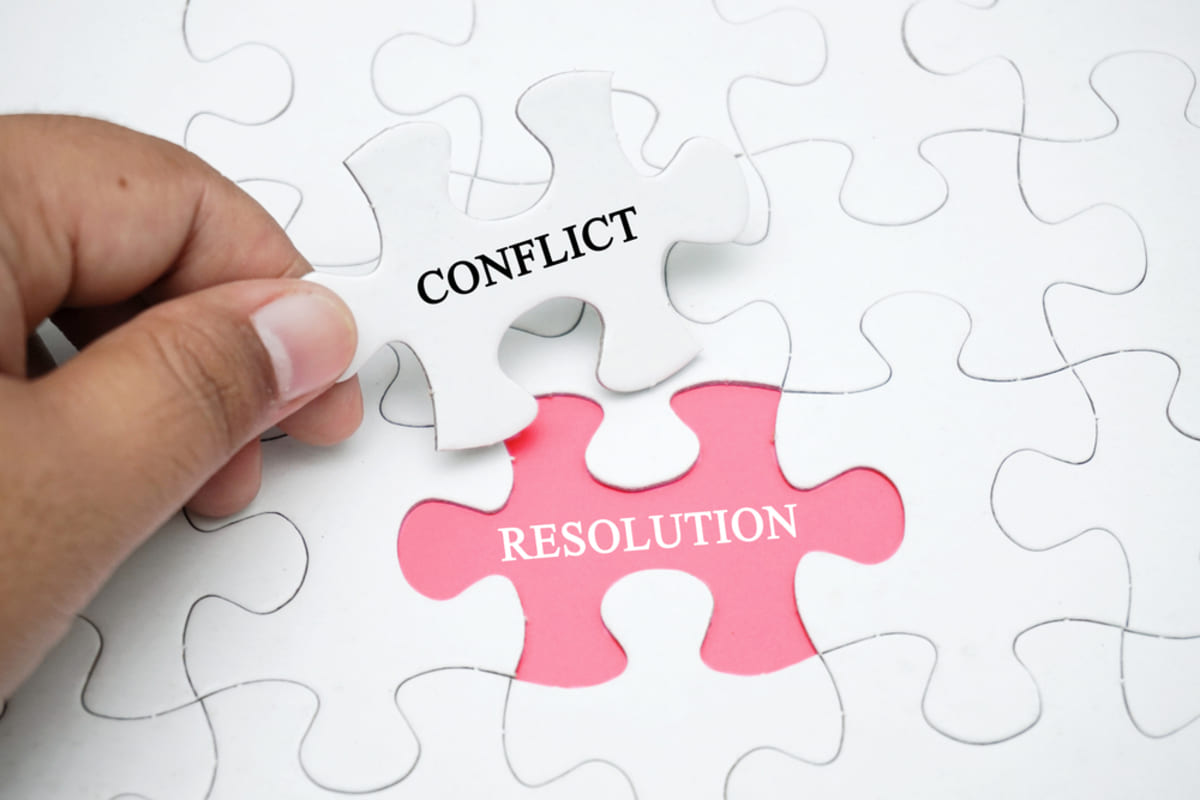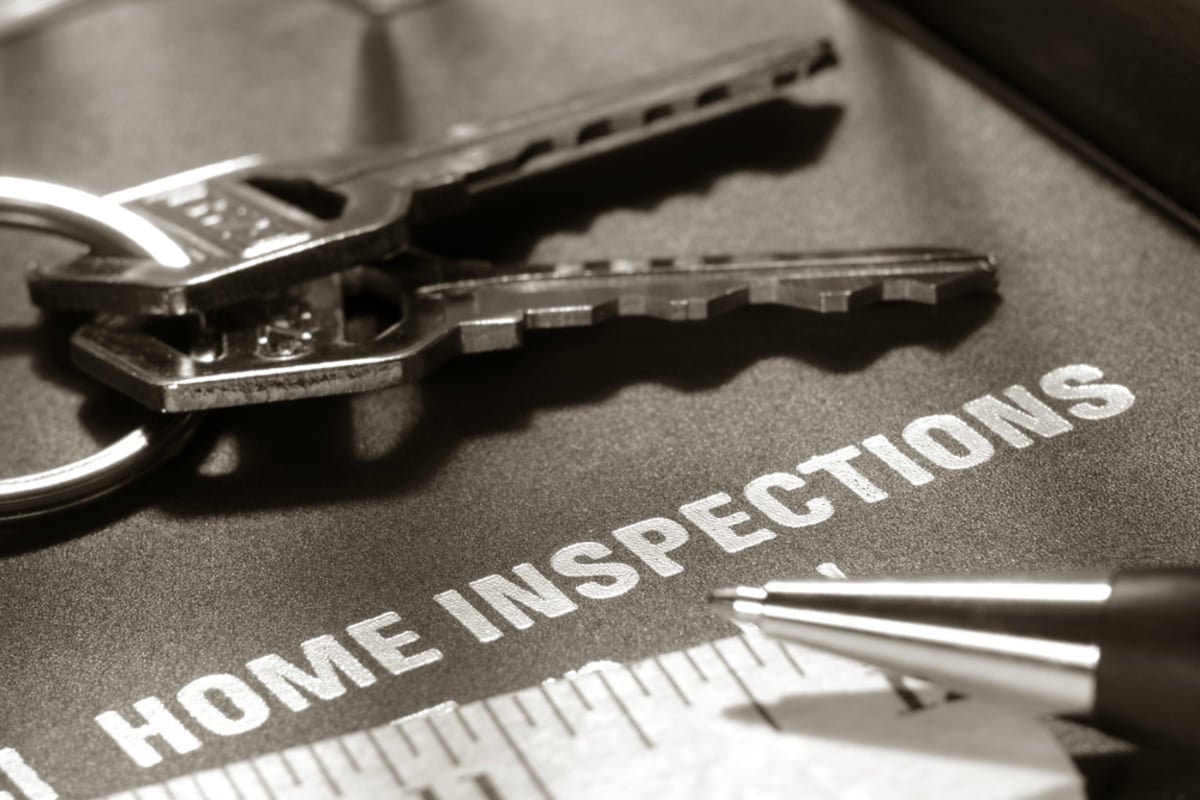Being a landlord can be a rewarding experience, but it can also be challenging and stressful, especially when dealing with difficult tenants. As a property management company in Charleston, we have seen our fair share of conflicts between landlords and tenants.
Keep reading to learn how to deal with difficult tenants, understand the common types of conflicts, the importance of effective communication, proactive conflict prevention strategies, legal aspects, tenant rights, de-escalation techniques, mediation tools, and the benefits of turning conflict into opportunity.
Understanding Common Landlord-Tenant Conflicts
The first step in effectively handling difficult situations as a landlord is to identify and understand the conflicts that can arise between tenants and landlords. These conflicts can encompass a variety of issues, such as non-payment of rent, property damage, noise complaints, unauthorized occupants or pets, lease violations, and disputes over security deposits.
By understanding these conflicts' underlying causes and triggers, you can take proactive measures to prevent them from escalating into major disputes. For instance, you can establish clear and comprehensive lease agreements that outline the rights and responsibilities of both parties. This can help set clear expectations for tenant behavior and property maintenance.
Conducting regular inspections of the property can allow you to identify potential issues before they become significant problems. By conducting maintenance promptly and effectively, you can maintain positive relationships with your tenants and prevent future conflicts.
Additionally, building and maintaining a positive relationship with your tenants is crucial. This can be achieved by being respectful, responsive, and transparent communication. By fostering open lines of communication, you can address any concerns or issues that may arise quickly, thereby minimizing the likelihood of conflicts escalating.
By understanding the common types of conflicts, taking proactive measures to prevent them, and cultivating positive tenant relationships, you can effectively handle difficult situations as a landlord and foster a harmonious living environment for all parties involved.
The Role of Effective Communication in Tenant Dispute Resolution
Effective communication plays a crucial role in resolving conflicts constructively and professionally. As a landlord, it is imperative for you to possess the skills of clear communication, active listening, and empathy toward your tenants' concerns. Additionally, your ability to negotiate and compromise while maintaining your rights and responsibilities as a landlord is vital.
To guarantee effective communication, consider incorporating these tips: utilize non-judgmental language, reframe negative statements into positive ones, and acknowledge the feelings and perspectives of the other person. By practicing active listening, you can gain valuable insights into your tenants' needs and motivations. This understanding will enable you to address their concerns and find mutually beneficial solutions.
Remember, effective communication is about conveying information and fostering understanding, building trust, and cultivating positive relationships with your tenants.
Proactive Conflict Prevention Strategies
Preventing conflicts before they occur is often more effective than resolving them after they have escalated. By implementing proactive conflict prevention strategies, landlords can create a harmonious and productive landlord-tenant relationship.
Establish Clear Boundaries
One key strategy is to establish clear expectations and boundaries from the beginning. Clearly communicate the rules, policies, and responsibilities to tenants, ensuring everyone is on the same page. This can help prevent misunderstandings and potential conflicts down the line.
A Resolution Process
Another strategy is to create a dispute resolution process. Establish a structured framework for handling conflicts and provide tenants with a clear pathway for resolving any issues that may arise. This demonstrates fairness and transparency and helps address conflict efficiently.
Communicate Regularly
Regular communication and feedback are also crucial in conflict prevention. Providing tenants with regular updates on property matters and seeking feedback creates an open and collaborative environment. This can help address any concerns or issues before they become major conflicts.
Foster a Positive Environment
Additionally, fostering a positive and respectful environment is essential. Encourage mutual respect among tenants and establish guidelines for respectful behavior. This can contribute to a more harmonious living community and reduce the likelihood of conflicts.
Use Technology
Furthermore, leveraging technology can streamline communication and maintenance tasks. Implementing online portals for rent payments and repair requests can simplify processes and reduce potential friction points. This not only enhances convenience for tenants but also minimizes the chances of miscommunication or delays.
By considering these proactive strategies and paying attention to detail, landlords can effectively prevent conflicts, maintain a positive landlord-tenant relationship, and create a thriving community.
Navigating Legal Aspects and Tenant Rights
As a responsible landlord, it is crucial to have a comprehensive understanding of the legal aspects and tenant rights that pertain to your property and jurisdiction. Understanding the legal aspects not only entails being familiar with the relevant laws and regulations, including fair housing, zoning, and eviction procedures, but also delving into the intricacies and nuances that follow.
By being well-versed in the legal framework that governs your relationship with tenants, you can ensure that you uphold their rights, such as privacy, quiet enjoyment, and maintenance obligations, while also safeguarding your own interests. This level of knowledge and attention to detail will help you avoid potential legal disputes and help maintain a high standard of professional and ethical conduct in your role as a landlord.
De-escalation Techniques for Difficult Situations
Even with the best intentions and practices, conflicts can still arise between landlords and tenants. When this happens, remain calm, respectful, and professional. One effective de-escalation technique is to use empathy and active listening to defuse the tension and build rapport with your tenants.
Taking the time to truly understand their perspective can go a long way in finding common ground and resolving issues. Additionally, non-verbal communication, such as body language and tone of voice, can help convey a sense of openness, understanding, and cooperation. Remember, offering alternatives or compromise solutions that address both parties' needs and interests can lead to a mutually beneficial resolution.
Mediation and Conflict Resolution Tools
Sometimes, conflicts cannot be resolved solely through direct communication or negotiation. In such cases, seek outside assistance, such as mediation or legal action. 
Mediation is a confidential and voluntary process where a neutral third party helps the parties involved in the conflict to communicate effectively, identify common interests, and work towards a mutually acceptable solution.
Mediation not only provides a cost-effective and time-saving alternative to litigation but also helps preserve the landlord-tenant relationship. In addition to mediation, other conflict resolution tools include arbitration, small claims court, and alternative dispute resolution (ADR) programs.
Turning Conflict into Opportunity
Finally, conflicts can be seen as invaluable opportunities for growth and continuous improvement. By actively learning from your past experiences and receiving constructive feedback, you can enhance your landlord skills and create a property that is attractive and highly competitive for future tenants.
Moreover, conflicts can serve as a powerful tool to cultivate trust and loyalty among your current tenants, as they witness your unwavering dedication to their satisfaction and well-being. Additionally, conflicts can be embraced as a catalyst for innovation, allowing you to differentiate your property from others in the market.
By thoughtfully offering unique amenities or services that directly address the specific needs and preferences of your tenants, you can position your property as a true standout in the industry.
The Best Charleston, SC, Property Management Deals With Difficult Tenants
Handling difficult situations as a rental property owner requires a combination of knowledge, skills, and experience. By understanding the common types of conflicts, the role of effective communication, and the benefits of proactive conflict prevention, you can reduce the likelihood of disputes and maintain a positive landlord-tenant relationship.
Additionally, by navigating the legal aspects and tenant rights, using de-escalation techniques, and seeking mediation and other conflict resolution tools, you can resolve conflicts in a constructive and professional manner.
At Charleston Property Company, we are well-equipped to help rental property owners deal with difficult tenants and conflict resolution through our expert property management services. Our experienced Charleston property management team can provide guidance and support in navigating challenging situations, offering expert advice and assistance to achieve resolution. As the most experienced Charleston, SC, property management team, we are committed to helping you handle difficult situations and achieve your goals as a rental property owner.
For more guidance on rental property ownership and attracting quality tenants, download our free Tenant Screening Checklist today!











